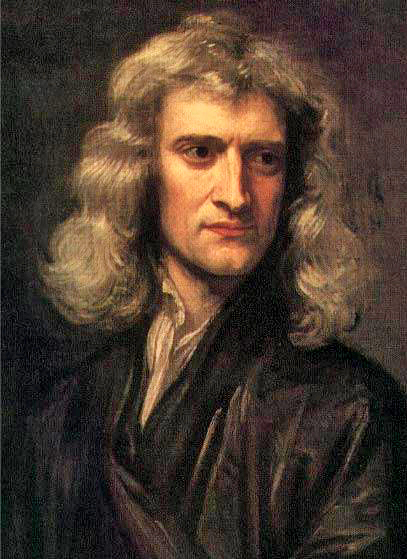Pursuit of the AI Singularity Is Modern Alchemy
Just as lead cannot just become gold, software cannot just become creative
Students who study calculus are experiencing the fruits of the genius of Isaac Newton (1643–1727). The same is true for introductory courses in physics and differential equations. All are due to Newton, who built the beautiful palace of mathematical physics. The wings of quantum mechanics and relativity were added in the early twentieth century.
But Newton had other interests as well. He penned over a million words on the topic of alchemy, which included his quest to turn lead into gold. Although alchemy contributed to the founding of chemistry, it has long been discredited in itself. The only way to turn lead into gold is by negotiating a swap at your local pawn shop.
In the same way, some great computer scientists who write remarkable software today are deluding themselves by a belief in the AI Singularity. Someday, the theory goes, AI will write better AI that in turn writes still better AI and so on. Like Skynet in the Terminator movie franchise, AI will eventually try to take over humanity. This Singularity is espoused by such luminaries as Stephen Hawking, Elon Musk, and Google’s Ray Kurzweil.
A roadblock to the AI singularity is creativity. Computers cannot be creative. Computer creativity occurs when a computer program does something it was not programmed to do.
Software can write other software code but not creatively. For example, do any Google search, right click on the Results page, and select “View Page Source.” The code you see is not written by a human but by software that writes software. But the Google page code displays zero creativity beyond the software that wrote it.
The idea that AI can write better and better AI programs on its own assumes that computers can be creative. They cannot. Johns Hopkins’ Gregory Chirikjian agrees: “[AI will never] be able to exhibit any form of creativity or sentience.” Microsoft CEO Satya Nadella concurs: “One of the most coveted human skill is creativity, and this won’t change. Machines will enrich and augment our creativity, but the human drive to create will remain central.”1 Oxford mathematical physicist Sir Roger Penrose forcefully promotes this viewpoint in his iconic book The Emperor’s New Mind.2
The only way a computer program can write a better computer program is if the programmer tells it what to do. But then the source of the creativity is not the AI. The source of the creativity is the computer programmer.
But haven’t we already seen creative AI? What about the AI that writes music? AI trained with the music of Bach will write music that mimics Bach. If the Bach-trained AI generated music akin to that of Richard Wagner or Stravinsky, that would be creativity.
But then what about the AI-generated painting of the fat man that sold for over $400,000? The AI that did this was trained using classic paintings. I don’t know for sure but will give large odds that no paintings by cubist Pablo Picasso or paint-splattering Jackson Pollock were used in the training of the AI painter. The AI mimicked but was not creative. The AI did exactly what the computer programmer intended it to do.
But didn’t AlphaGo make a surprisingly creative move in its highly publicized match with GO champion Lee Sodel? No. The program was trained to play the board game GO and that’s what it did. The GO program isn’t even clever enough to answer questions3 like:
• Do you play canasta?
• Can you climb stairs?
• Can you explain the game of GO to me?
Unexpected moves made by GO software can be surprising. But surprise is different than creativity. We are surprised when we learn from a Google search that a group of ferrets is called a business. But that’s not creativity. Computer programmers are likewise often surprised at the unexpected results their programs generate.
Attempts thus far to create AI that writes better AI have failed. The approach of using evolutionary computer programs to do so is being abandoned by some computer scientists.
The quest for the AI singularity will be viewed historically in the same light as Isaac Newton’s pursuit of alchemy. Lead can’t be turned into gold. Computer code cannot be creative.
Notes:
1 Satya Nadella. Hit Refresh: The Quest to Rediscover Microsoft’s Soul and Imagine a Better Future for Everyone Harper Business, 2017
2 Penrose, Roger. The Emperor’s New Mind: Concerning computers, minds, and the laws of physics. (1990): 1214-1216.
3 This list is inspired by a TEDx talk by Oren Etzioni.
You may also enjoy: Fan tries programming AI jazz, gets lots and lots of AI… Jazz is spontaneous, but spontaneous noise is not jazz (Brendan Dixon)
and
Does AI art spell the end of the artist’s way of life? An AI-produced painting sold at auction for $432,500. But is it a trend or just a novelty?
